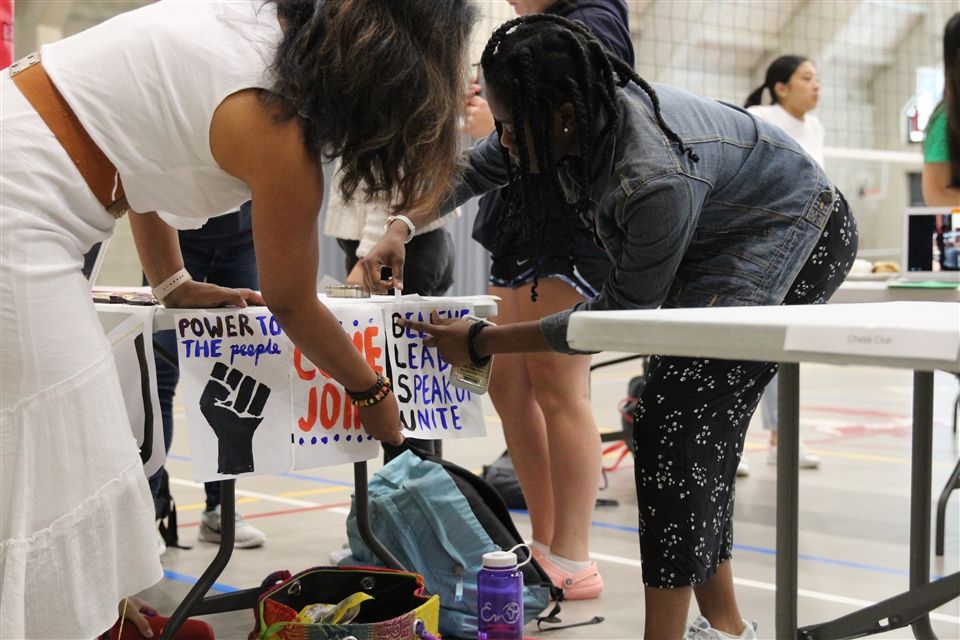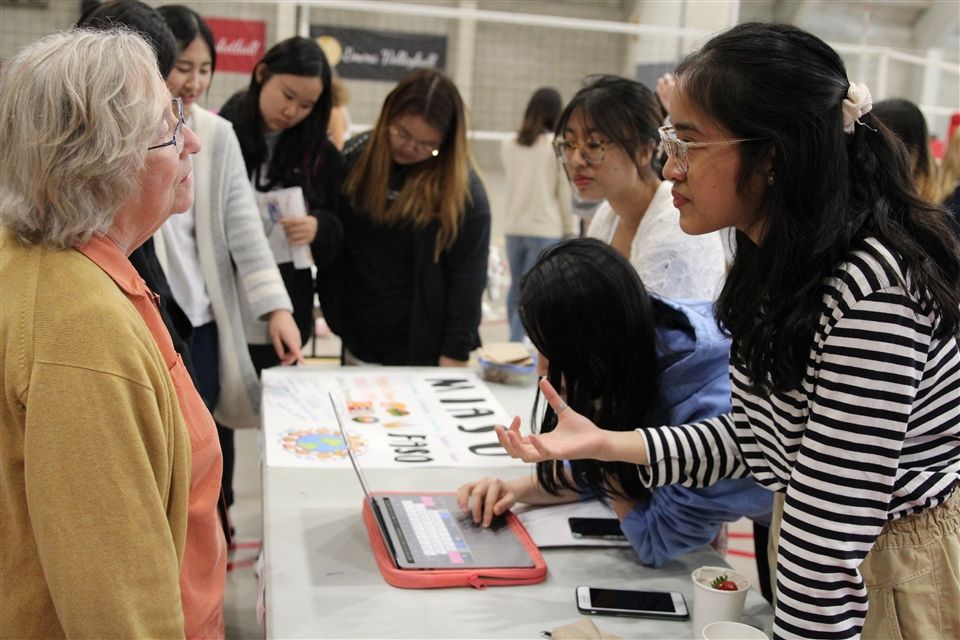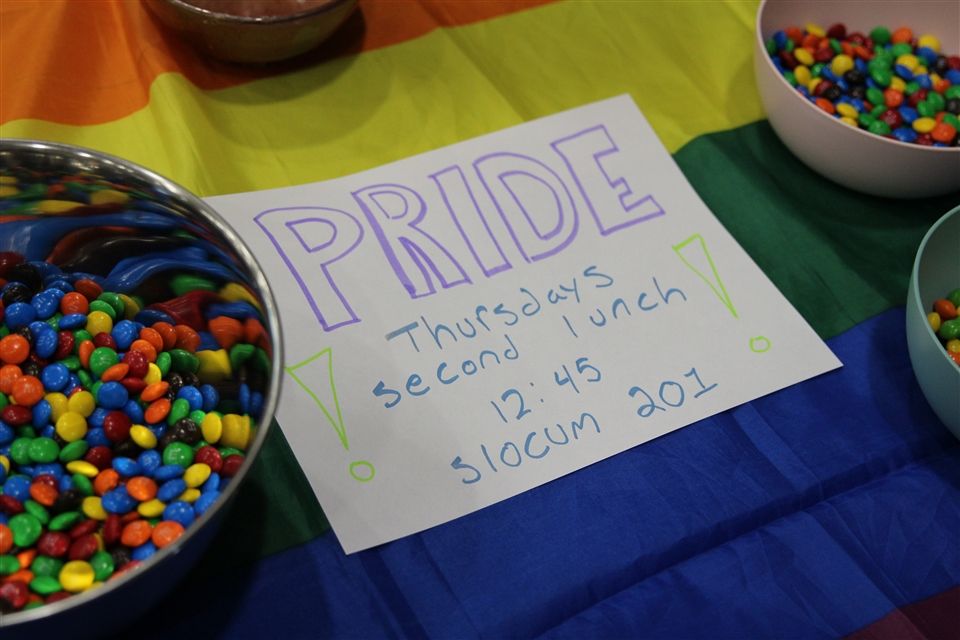Affinity Groups at Emma Willard School
12/11/2020
Sandra Santana
At Emma Willard School, we recognize community as one of our greatest strengths. In our 200-year history, we have welcomed students from over 30 countries representing an infinite number of ethnic, cultural, and religious backgrounds. We strive to foster a diverse and inclusive environment because this experience not only makes a community richer and more resilient, but stimulates curiosity, and promotes emotional and intellectual growth. Our guiding philosophy is:
“At Emma Willard School, we commit ourselves to building a community that values and celebrates differences, encourages dialogue, fosters mutual respect, and highlights our shared purpose and ideals. We are dedicated to the empowerment of all of our students, and we are guided by a deep understanding that a diverse, inclusive environment and academic excellence are inextricably linked.”
Through our work to become a more inclusive institution, we have recognized that not all students have a community where all of their identities are acknowledged, explored, or celebrated. From this understanding and through collaboration with the students, alumnae, faculty, and staff, we have created a series of affinity groups at Emma Willard School. An affinity group is a brave and safe space devoted to students who explore issues of shared identity and can speak to the experience of the group from the “I” perspective. Affinity groups affirm emotional and intellectual responses of navigating the complexities of a predominately white independent school and ultimately allow the group to support the humanity of others. These groups are an integral resource for diminishing the sense of isolation, discomfort, and marginalization many students can feel in school atmospheres and course curriculum.
Affinity groups encourage students to embrace all stages of their identity development and feel a sense of belonging in their institution. Through this empowerment, students can feel confident and proud about their authentic self rather than silently suppressing aspects of their identity. Group meetings can also help students wrestle with questions of self-image and strategize solutions to common problems. Ultimately, affinity groups allow students to feel more visible in our community and enhance our commitment to providing an education that is truly excellent for all students. Affinity groups give students a place on campus to exist freely and thrive.
With the full support of school leadership and faculty, affinity groups create a positive and constructive context for students to explore and affirm their identities and experiences. When creating an affinity group at Emma Willard School, initial interest is presented to Gemma Halfi, Coordinator of Equity & Inclusion. Once a group is established, an adult mentor who shares the identity is matched with a group. This criteria is crucial for the students, as an affinity leader should have an understanding of the group’s lived experience. The mentor also provides advocacy skills to overcome obstacles such as addressing issues with the school or how to identify allies. This approach helps to strengthen our community and to cultivate students' confidence in their place in our community so that they may go on to serve and shape our world.
We acknowledge that the response to the idea of affinity groups will range widely from enthusiastic support, to skepticism and some questions or concerns. We know that there may be community members who are unfamiliar with the ideas and concepts behind these groups and may initially regard affinity groups as divisive, rather than values of inclusivity and community. We encourage everyone to ask questions and seek clarity and in return, we will share the feedback and learnings. In the year since our inaugural affinity groups were formed, Gemma Halfi shares, “The groups are incredibly well-received. We have had tremendously wonderful feedback from the students in the groups. It is a source of comfort, connection, and support. It is beneficial for the wellness of students with marginalized aspects of their identities in that they can see others with a shared lived experience in a setting in which they do not feel pressure to assimilate to a dominant culture.”
We ask our entire community to lean into these spaces with open minds, knowing we have the best intentions, while exploring what those groups look and feel like. For students who may need help selecting the best group or families who have general questions, please see our program, initiatives, and offerings on our diversity webpage. Currently, the affinity groups we are offering represent the self-identifying demographic breakdown of our students and staff.
We truly look forward to continuing this fundamental work to create a just and inclusive school community founded on curiosity, inquiry, and critical analytic skills to enable thinking across differences that fosters belonging and acceptance.

BLSU, MIASU, and Pride have been integral partners in launching affinity groups.

BLSU, MIASU, and Pride have been integral partners in launching affinity groups.

BLSU, MIASU, and Pride have been integral partners in launching affinity groups.














